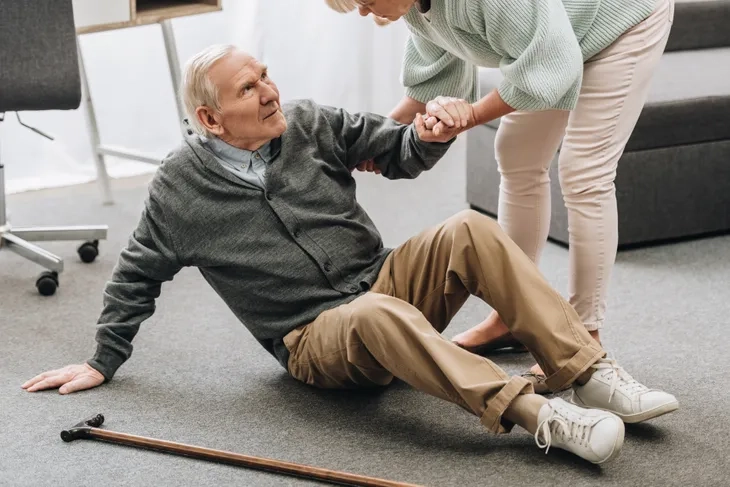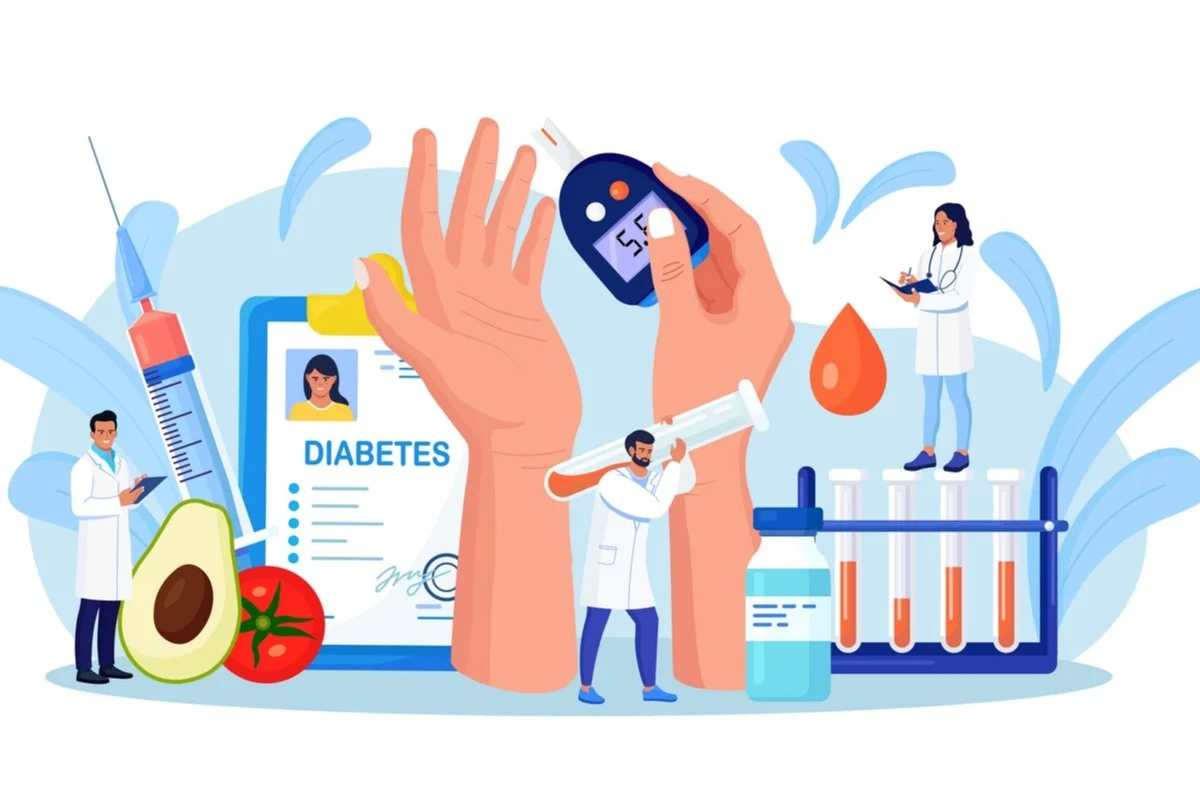Addressing Mental Health Stigma in Communities

Mental health stigma continues to be a pervasive issue in societies worldwide, often preventing individuals from seeking the support and care they need. Despite progress in understanding mental health conditions, misconceptions and negative attitudes persist, leading to discrimination and marginalization of those affected. Addressing mental health stigma requires a multifaceted approach that involves education, advocacy, and community-based interventions.
Education as a Foundation
One of the most effective ways to combat mental health stigma is through education. Providing accurate information about mental health conditions, their prevalence, causes, and treatments can help dispel myths and misconceptions. Educational initiatives should be aimed at various segments of the community, including schools, workplaces, religious institutions, and healthcare settings.
In schools, integrating mental health education into the curriculum can help young people develop a better understanding of their own mental health and that of others. By promoting empathy and reducing fear and prejudice, schools can create a more supportive environment for students struggling with mental health challenges.
Similarly, workplaces can play a crucial role in promoting mental health awareness and support. Employee training programs that focus on recognizing signs of mental distress, providing support, and fostering a culture of acceptance can contribute to a more inclusive and compassionate work environment.
Advocacy for Change
Advocacy efforts are essential for challenging societal attitudes and policies that perpetuate mental health stigma. Advocates work to raise awareness, influence public opinion, and promote policies that prioritize mental health services and support. This may involve organizing campaigns, lobbying policymakers, and sharing personal stories to humanize the issue.
Celebrities, public figures, and individuals with lived experience can be powerful advocates for mental health awareness. Their visibility and influence can help amplify messages of acceptance and understanding, reaching audiences that might otherwise remain unreached.
At the policy level, advocacy efforts can focus on promoting legislation that ensures equitable access to mental health services, protects the rights of individuals with mental illness, and reduces discrimination in healthcare and employment settings. By advocating for systemic change, advocates can create a more supportive environment for those affected by mental health conditions.
Community-Based Interventions
Community-based interventions play a vital role in reducing mental health stigma by fostering supportive networks and promoting inclusivity. These interventions may include support groups, peer-led initiatives, and community outreach programs aimed at destigmatizing mental illness.
Support groups provide a safe space for individuals to share their experiences, seek advice, and receive emotional support from peers who understand their struggles. Peer-led initiatives, where individuals with lived experience serve as mentors or advocates, can help break down barriers and inspire hope for those facing similar challenges.
Community outreach programs engage with local residents to provide information, resources, and support services related to mental health. By bringing the conversation about mental health into community settings, these programs help normalize discussions and encourage help-seeking behavior.
Addressing mental health stigma in communities requires a collective effort involving education, advocacy, and community-based interventions. By promoting understanding, empathy, and acceptance, we can create environments where individuals feel comfortable seeking help and receiving the support they need to thrive. Through ongoing commitment and collaboration, we can work towards a future where mental health is recognized as an integral part of overall well-being, free from stigma and discrimination.






